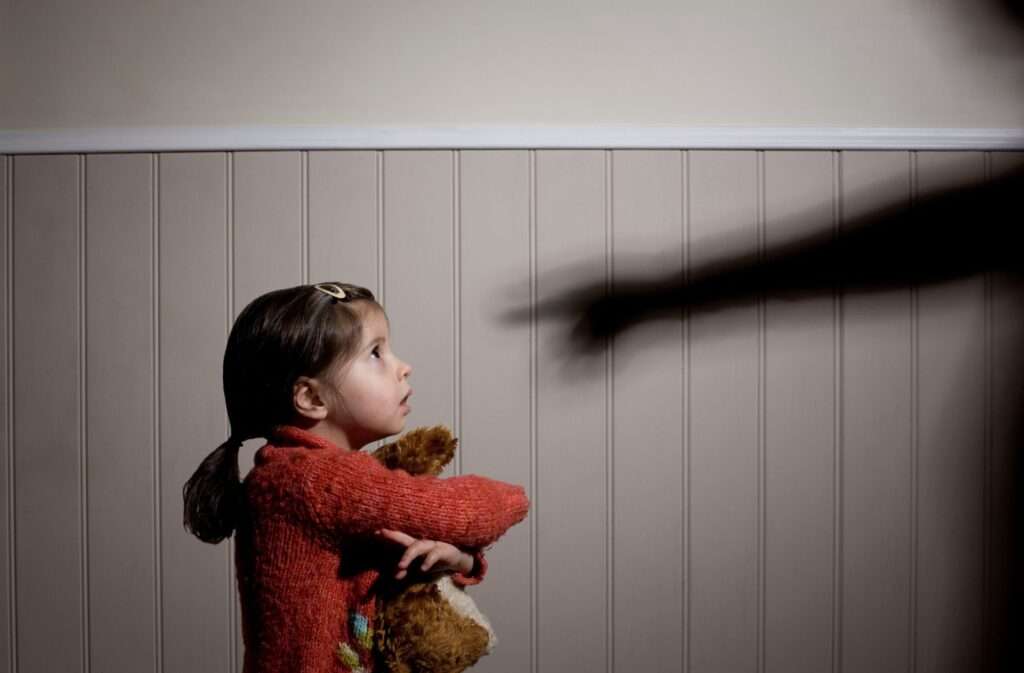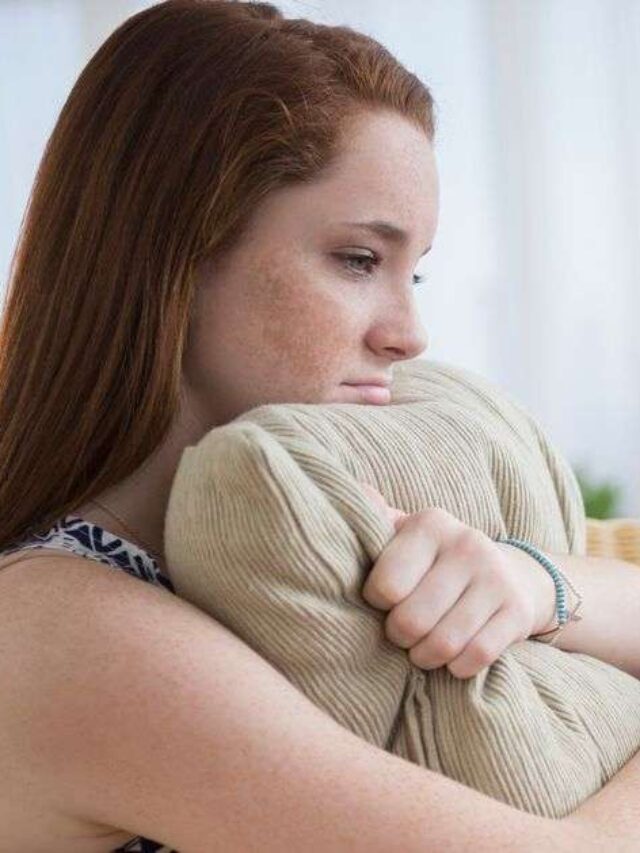People who were sexually abused in childhood may have a higher risk of being in adult relationships where they are abused physically, emotionally, or sexually. In some cases, people who were victimized may become abusive themselves. This pattern is known as a cycle of abuse.
It can be hard to understand why someone who has been sexually abused in childhood would engage in an abusive relationship again. This article discusses some of the reasons sexually abused children grow up to have abusive relationships in adulthood.

It Feels Familiar
If the connection between abuse and “love” is made early in life, the feelings of shame and anger, which naturally happen as a consequence of the abuse, can become mixed up with sexual feelings, leading to confusion in the person who experienced the abuse.
These feelings may become interpreted as feelings of love and passion and can lead to sexual arousal.
They may believe they are attracted to or feel love for their abuser, sometimes even thinking they have a special connection to the abuser. Their experience taps into feelings of intimacy associated with abuse that were imprinted at a very early age. When they are later abused in an intimate relationship, they perceive the familiar feelings of shame and anger as love and passion.
It Is an Attempt to Heal
A survivor of childhood sexual abuse may try to undo the abuse by taking back power. By engaging in a relationship with another abuser, they can try to relive the relationship with their original abuser in the hope that they can get it right this time.
Similarly, by becoming an abuser, someone who has been abused can play the role of the more powerful person in the relationship in an attempt to overcome the powerlessness they felt. Unfortunately, this is not effective, and they may repeatedly dominate others in a futile attempt to get over the weakness they experienced.
They May Feel Grandiose
Strange as it may seem, people who were abused may counteract the feelings of inadequacy by believing that they are better than others. They may have a hard time respecting other people as equals. They feel that they are in a superior position to others, making it hard to enter a mutually loving, respectful relationship.
They may even feel superior to some people, and inferior to others, engaging in abusive relationships at the same time they are being abused by others.
They May Be Sexually Aroused by Abusive Behavior
Sexual arousal is a normal human experience and is often a normal response to sexual contact. In some cases, if early sexual experiences involved abuse, survivors may become sexually aroused by abusive behavior.
This does not mean they want or wanted to be abused or that they genuinely enjoy abuse. Not all survivors of abuse experience this.
They Feel Angry
People who have been abused may carry a lot of anger about what happened to them. Abuse can be a way to express that anger. Even if they have pushed the anger out of their conscious awareness, it can come out in subtle or not-so-subtle ways in intimate relationships or parenting styles.
They May Feel Inadequate
People who were abused as children may believe, on some deep level, that they are not good enough to deserve a genuinely caring relationship. They may feel in a submissive position to others, making it hard to accept real love.
They may have even been convinced by their abuser that they deserved the abuse. This is never true as no one deserves to be mistreated.
They Feel Insecure
If abuse and hurt feel inevitable, people who have been abused may view sexual relationships as predatory and react with avoidance or hostility towards partners or suitors.
People who experienced abuse early in life may have formed an avoidance attachment style in childhood. This may cause them to avoid forming close relationships in adulthood, which can lead to behaviors such as pushing others away or responding to attempts at closeness with anger.
They Are Searching for Intensity
When children are traumatized through sexual abuse, they may associate or confuse intensity with pleasure. They may be attracted to abusive individuals and high-risk activities in order to feel pleasure, as they need the rush of danger in order to feel aroused or to experience orgasm.
They Want to Avoid Reality
Because abuse is so painful, people who have been abused may cope by retreating into a fantasy world. This may include idealizing others to the point where abusive partners are seen as wonderful, or others are abused as a result of the overwhelming disappointment felt when they cannot live up to the fantasy.
Summary
There are many factors that can contribute to the ongoing cycle of abuse. People who experienced sexual abuse as children may struggle with confusing associations between love and abuse. They may also experience problems with anger, trust, control, and insecurity. It is important to remember that every person is different and not everyone who was sexually abused will experience these effects.
The cycle of abuse can cause people who were abused in childhood to either perpetuate abuse in adulthood or become involved in abusive relationships with others.
It is important to recognize that there are also many other factors that can increase a person’s risk of becoming abusive or being abused. A history of childhood sexual abuse is one risk factor. Other factors include having a substance use disorder or having another mental health condition. Lack of social support and socioeconomic stress also play a role.
If you are concerned that you might engage in abuse, talk to a healthcare provider or therapist. They can refer you to resources that may help, including psychotherapy and support groups.









